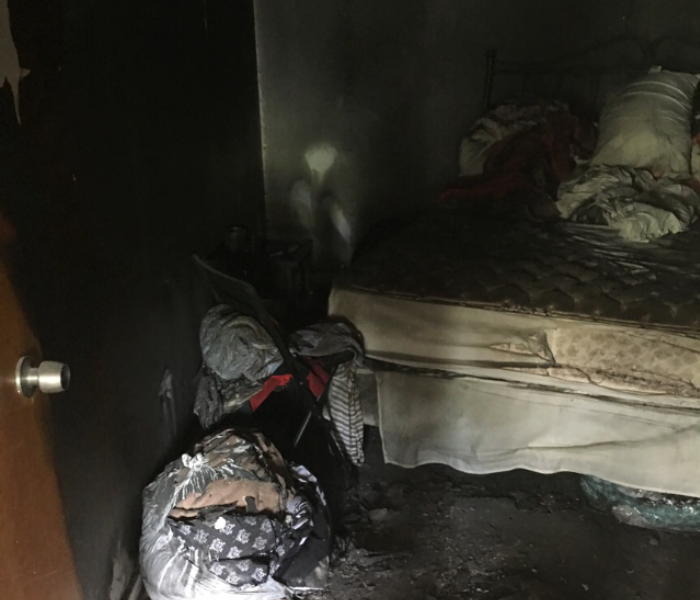Prevent Electrical Fires in your Hanover Twp & Bear Creek Home
6/2/2016 (Permalink)
Over 25,000 electrical fires are reported annually in the United States, resulting in death or injury to more than 1,300 people, according to the U.S Fire Administration. Home electrical fires result in greater dollar loss per fire than nonelectrical fires. Even more startling: almost all those fires could have been prevented by taking a few simple steps, including:
Electrical outlets: Check for loose fitting plugs, which can be a shock or fire hazard.
Plugs: Never force them into outlets; avoid overloading outlets with adapters and too many appliance plugs.
Cords: Make sure they are not frayed or cracked, placed under carpets or rugs, or placed in high traffic areas. Do not nail or staple them to walls, floors or other objects.
Extension cords: Use them on a temporary basis only. They are not intended as permanent household wiring.
Circuit breakers/Fuses: Fuses should be properly rated for the circuit they are protecting. If you don’t know the correct rating, have an electrician identify and label the correct size to be used..
Appliances/Electronics: If an appliance repeatedly blows a fuse, trips a circuit breaker or has given you an electrical shock, immediately unplug it and have it repaired or replaced. Look for cracks or damage in wiring and connectors
Electrical wiring: Wiring defects are a major cause of residential blazes. Check periodically for loose wall receptacles, loose wires, or loose lighting fixtures
Service capacity: As you continue to upgrade your home with more lighting, appliances and electronics, your home’s electrical service capacity may become overburdened. If fuses blow or trip frequently, you may need to increase the capacity of your electrical service or add new branch circuits






 24/7 Emergency Service
24/7 Emergency Service
